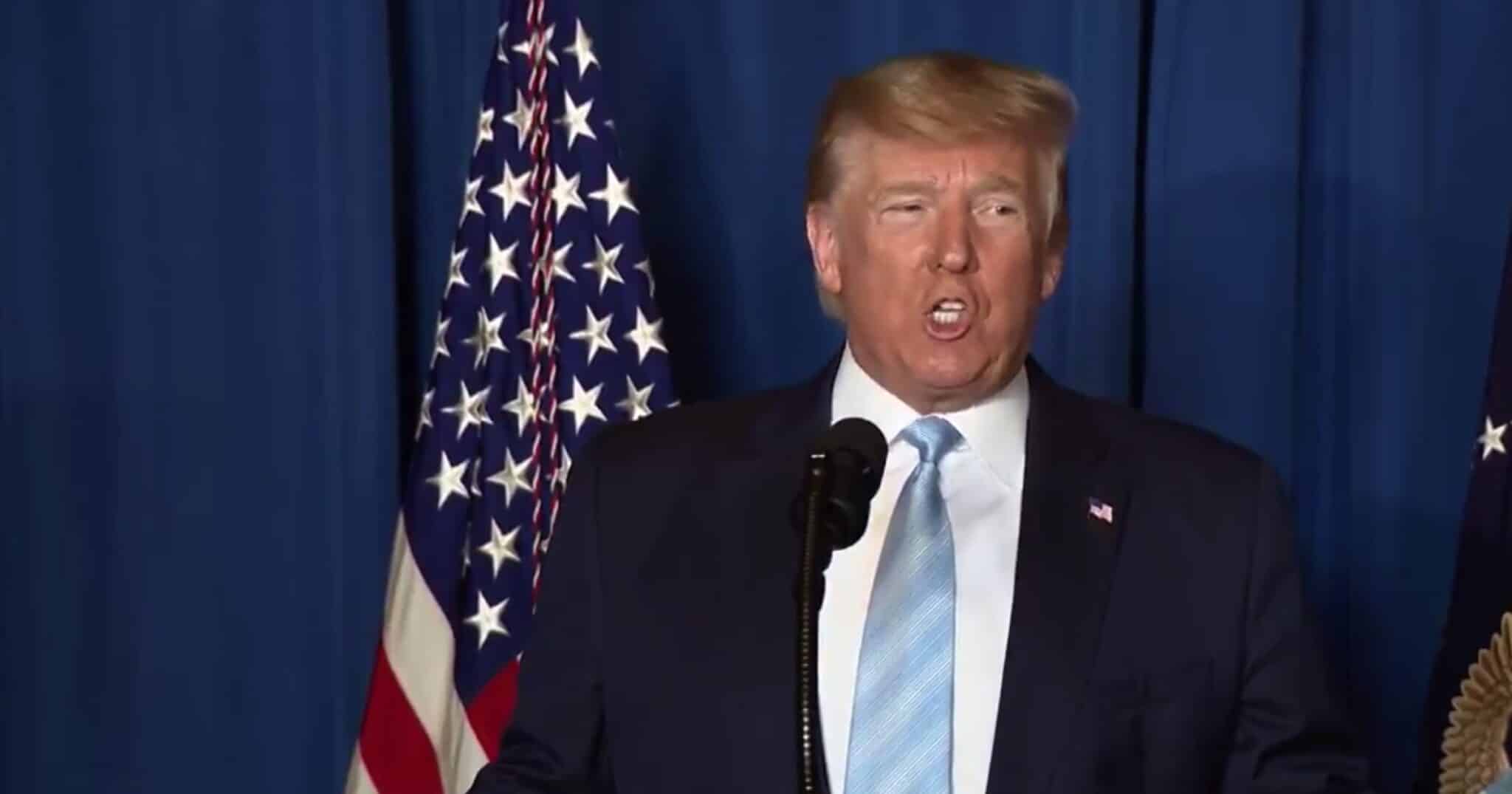








Former Speaker Nancy Pelosi believes President Biden's delayed departure from the presidential race weakened Vice President Kamala Harris' candidacy.
ABC News reported that in a revealing interview with Lulu Garcia-Navarro on a New York Times podcast, Nancy Pelosi discussed the dynamics that she believes led to Kamala Harris' unsuccessful presidential campaign.
Pelosi pinpointed President Joe Biden's late withdrawal as a pivotal moment that prevented a robust Democratic primary, potentially altering the course of the general election.
The podcast, highlighted in a New York Times article last Thursday, promises to release more details when it airs in full on Saturday. Pelosi expressed concerns that Biden’s timing hindered a necessary competitive primary atmosphere.
Pelosi argued that an earlier exit by Biden could have fostered a diverse range of Democratic candidates. "Had the president gotten out sooner, there may have been other candidates in the race," Pelosi remarked during the interview. She suggested that this would have led to a healthier primary competition.
According to Pelosi, the immediate endorsement of Harris by Biden as he exited the race essentially quashed the possibility of a primary.
This endorsement, she argues, was a double-edged sword, providing support yet stifling broader electoral engagement within the party.
"The anticipation was that, if the president were to step aside, there would be an open primary," Pelosi noted. She believed that Harris would have performed well in such an environment, coming into the general election fortified by a competitive primary process.
Pelosi revealed that she had pushed Biden behind the scenes to consider withdrawing following his performance in a CNN debate. This move was part of a broader strategy to encourage a more dynamic and reflective primary process within the Democratic Party.
In contrast to her efforts to promote competitive primaries, Pelosi supported Biden's potential candidacy in an earlier interview with ABC's George Stephanopoulos in November 2022.
There, she affirmed, "President Biden has been a great president for our country. He has accomplished so much," underscoring her complex position between party leadership dynamics.
Further complicating the Democratic landscape were remarks from Senator Bernie Sanders, whom Pelosi criticized. Sanders had lamented that the Democratic Party had drifted from its working-class roots, a point Pelosi contested with respect for Sanders' broader goals but disagreement with his critique.
Pelosi also touched on cultural hot-button issues that she believed affected the Democratic Party's appeal to working-class voters.
These included debates over guns, LGBT rights, and abortion—framed provocatively in political discourse as "Guns, God, and gays."
"Guns, that's an issue; gays, that's an issue, and now they're making the trans issue such an important issue in their priorities; and in certain communities, what they call God, what we call a woman's right to choose," Pelosi explained, highlighting the challenges these cultural issues posed to the party's electoral strategy.
As the Democratic Party reflects on the recent election and its outcomes, Pelosi's insights offer a crucial perspective on the internal dynamics and strategic decisions that may have shaped the results.
Her candid reflections point to a complex interplay of leadership decisions, cultural battles, and electoral tactics that defined the 2024 election cycle.


